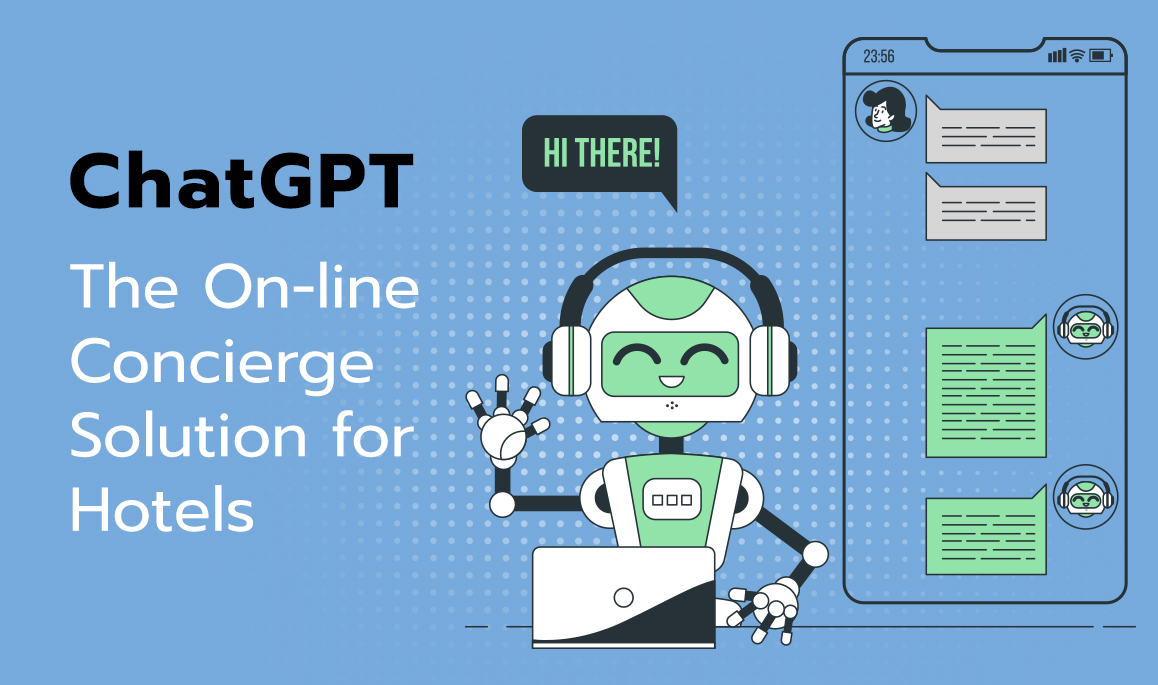
Think of ChatGPT as a clever robot you can talk to with your computer or smartphone in a humanistic way.
ChatGPT was released in November 2022, by San Francisco lab, OpenAI. The power behind GPT is a machine learning algorithm that uses deep learning to generate text, images, videos, and other content.
Since it launched, ChatGPT quickly became a hit, capturing the imagination of tech developers and Internet users from around the world. People have used it for all kinds of creative purposes including: writing articles and emails, designing websites, and writing software code.
The workings of ChatGPT and a typical search engine like Google, are similar. However, ChatGPT and Google Search are two distinct technologies designed to process natural language queries.
The Google search engine employs complex algorithms to search and retrieve relevant information from billions of web pages based on the user's query. In contrast, ChatGPT is an AI-powered language model that uses advanced AI and NLP technology (more about this below) to understand the users’ questions and generate relevant responses in natural language based on its own language training and database resources.
Both platforms can provide precise and relevant information, but ChatGPT may not always have as comprehensive, up-to-date, or accurate data as would a traditional search engine.
The hotel industry is about providing service and servicing its guests.
For example, the typical hotel guest may need help selecting their room, make on-line reservations, amend their booking, or make other arrangements during their visit. The time spent with just one guest can take several minutes and back-to-back inquiries can take up precious minutes. There’s even the possibility of losing the guest altogether, if the situation isn’t managed correctly.
One of the biggest challenges facing hotels is the daily and constant involvement of human interaction. It’s a service industry, so even small seemingly irrelevant services, can have wider ramifications on the guest experience. It’s what makes the industry unique and what distinguishes one hotel from another.
Sometimes there isn't enough staff to go around and this is where Artificial Intelligence can help
Legacy (AI) Chatbots have been around for some time. Hotels have used AI chatbots for routine tasks, such as menu driven Q&A prompts on social media or the hotel’s own website. AI chatbots serve a purpose and help meet some of the challenges of hotel operation but they’re limited in the information they provide and only reduce some of the workload.
Guests using AI chatbots may have found the experience restrictive. This is because its knowledge database is confined to a predefined menu and IF - THEN prompts.
What makes ChatGPT different is the technology. Rather than using a set of predefined prompts, ChatGPT has a vast database library of information which allows it to find answers.
ChatGPT uses natural language processing (NLP) to power its Neural Engine (AI). Natural language processing is an algorithm using text and vocabulary that’s compiled from a vast database of information about people, places, and events.
GPT stands for "Generative” – “Pre-trained” – “Transformer"
Unlike the legacy AI chatbots, ChatGPT is proven to be useful at handling routine general inquiries and even taking care of more complicated technical issues – like booking a room.
Some usage examples include:
Integrating ChatGPT with the hotel’s website makes sense because there are many “touch points” which guest may come into contact with in dealing with the hotel.
Suggestions:
Remember, the goal is to make interactions with ChatGPT as seamless and beneficial as possible for guests. Strategic placement combined with customization can create a powerful tool that enhances the guest experience.
Integrating artificial intelligence (AI) capabilities into existing systems is possible and Open AI offers integration possibilities to suit your hotel's system architecture. The common one is API Integration.
OpenAI provides an API that allows you to make requests to the ChatGPT model. By sending a text prompt to the API, you can receive a response, making it a straightforward and flexible integration option.
ChatGPT is not without its limitations. Here are a few examples:
We’ve looked at ChatGPT, what it is, how it works, its benefits, weaknesses and what it offers the hotel industry. Even though it’s not a traditional search engine, ChatGPT is a powerful language platform that is versatile and flexible enough to be used in hotel instant messaging services.
ChatGPT provides the hotel an opportunity to improve their overall service efficiency. The main contribution it offers lies in assisting hotel staff with their daily chores like answering guest queries – just like a concierge service. Hotels may consider using it to automate and improve the response time of on-line communication channels or going so far as to enable it to perform more complicated tasks like upselling a room reservation.
But as powerful as it is, it’s still not without limitations, which were highlighted earlier.
Using artificial intelligence like ChatGPT to improve hotel services looks promising as does the future of artificial intelligence in hospitality, which requires less effort from staff, other than that special human touch that should never be forgotten.